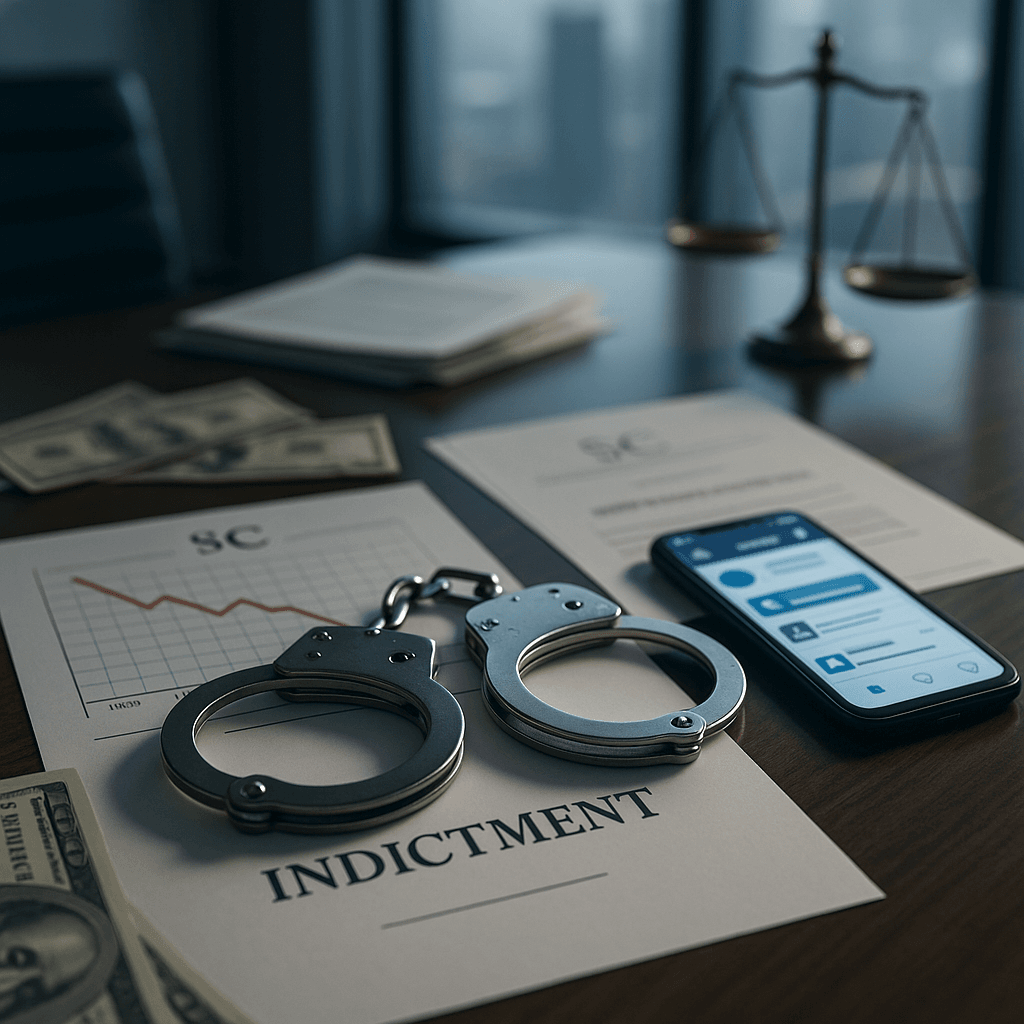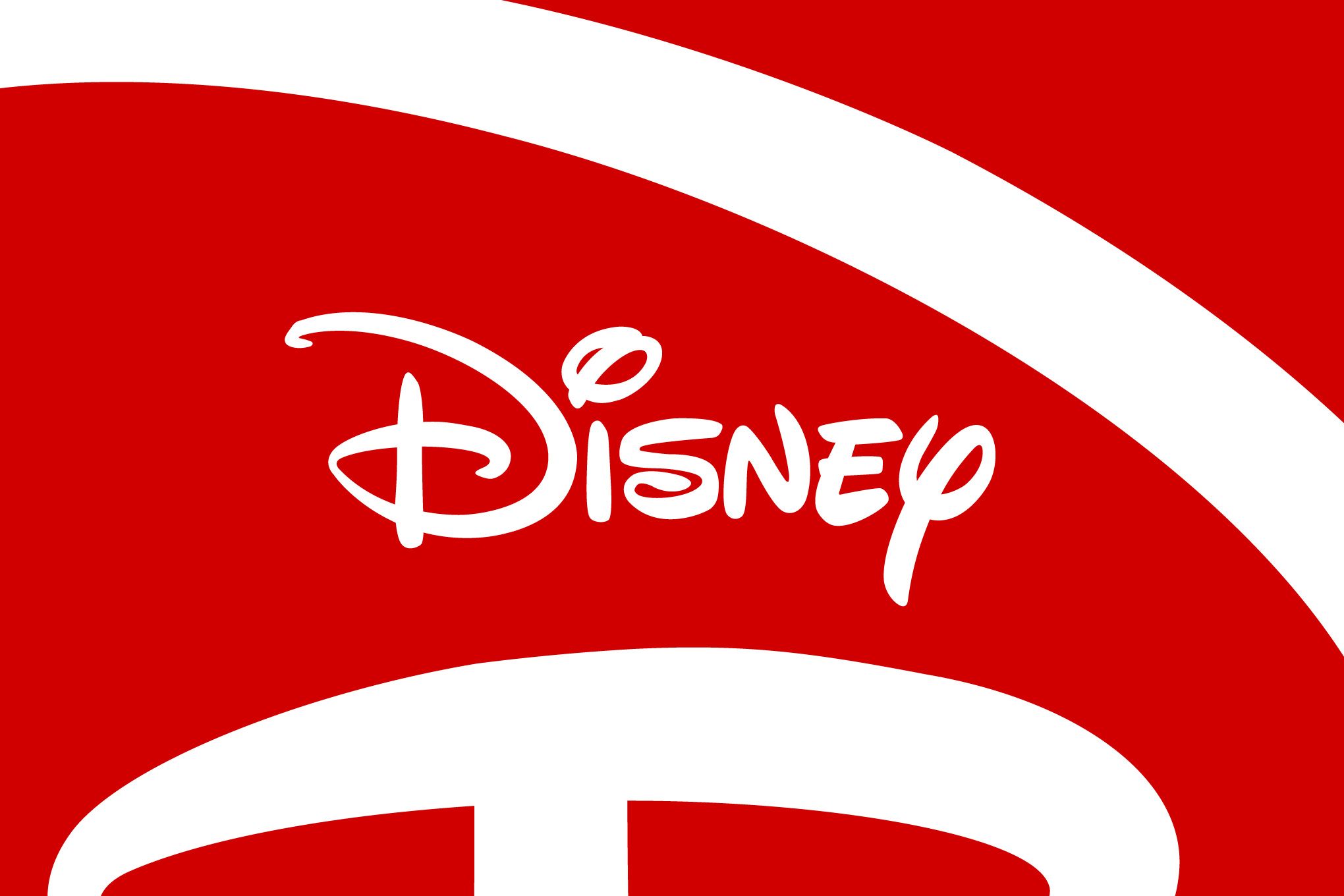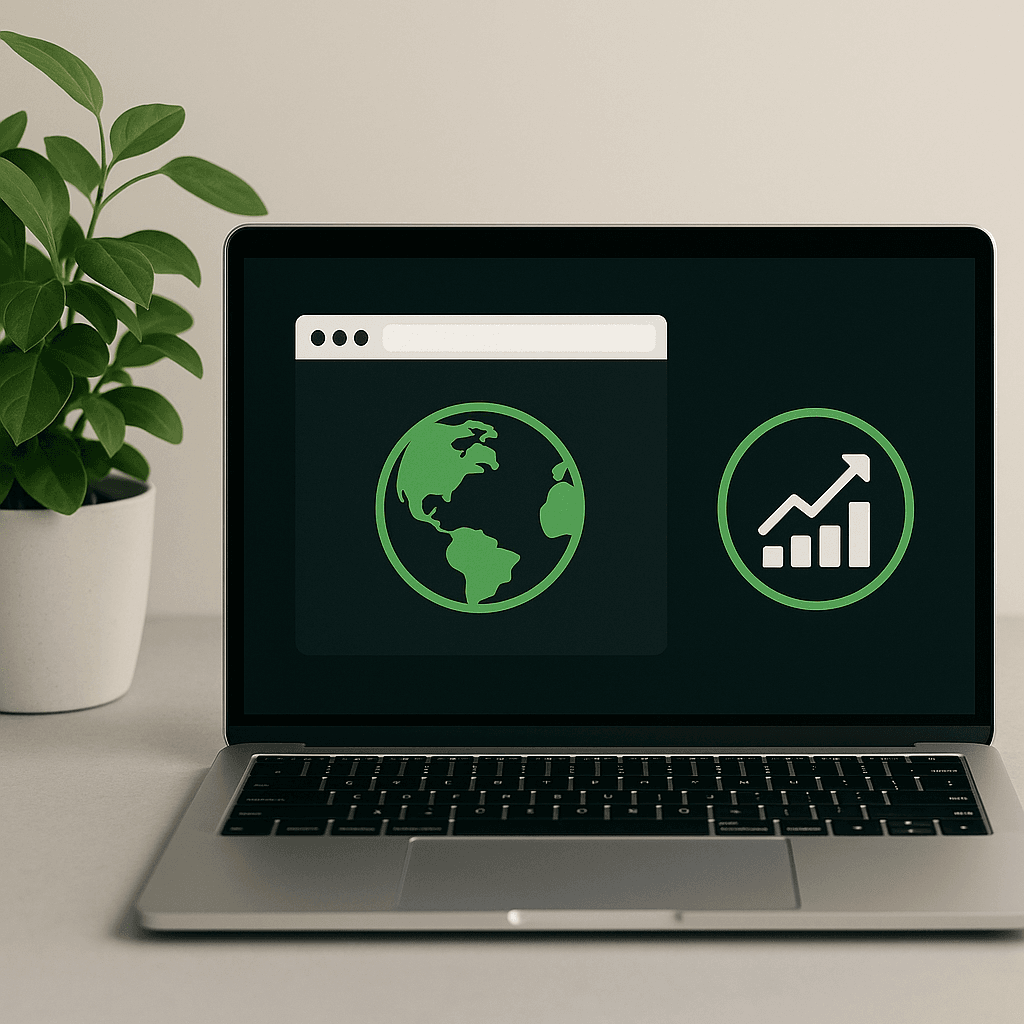In a stunning victory for big tech partnerships, Google can keep paying Apple $20 billion annually to remain Safari's default search engine. Federal Judge Amit Mehta ruled Tuesday that severing these deals would cause "crippling downstream harms" to partners and consumers, delivering a major blow to DOJ antitrust efforts while reshaping the competitive landscape for search and browser markets.
Google just scored a massive legal victory that could reshape how antitrust enforcement works in the tech industry. Federal District Judge Amit Mehta ruled Tuesday that the search giant can continue its lucrative partnership deals, including the eye-watering $20 billion annual payment to Apple for default placement in Safari browsers. The decision comes as a shock to antitrust advocates who expected the court to dismantle these arrangements after finding Google guilty of monopolistic practices. Instead, Mehta sided with industry arguments that breaking up these deals would harm consumers and smaller companies more than help them. "Google will not be barred from making payments or offering other consideration to distribution partners for preloading or placement of Google Search, Chrome, or its GenAI products," Judge Mehta wrote in his ruling. The judge's reasoning reveals the complex economics underlying modern tech partnerships. "Cutting off payments from Google almost certainly will impose substantial—in some cases, crippling—downstream harms to distribution partners, related markets, and consumers, which counsels against a broad payment ban," Mehta explained. This perspective gained credibility when Mozilla executives testified that Firefox browser might be doomed without Google's revenue-sharing deal. The testimony highlighted how Google's payments have become essential infrastructure for maintaining browser competition. The ruling represents a dramatic shift from the Department of Justice's original remedies proposal, which sought to force Google to divest Chrome and Android entirely. Instead, Google emerges with its core business model intact while facing only limited concessions around data sharing with competitors. Apple and Google executives had mounted a coordinated defense of their partnership, arguing that consumers benefit from seamless search integration and that alternative arrangements would degrade user experience. The companies pointed to the technical complexity of maintaining search quality across different platforms as justification for their exclusive arrangements. However, the judge didn't give Google a complete pass. The company must now share certain search data with competitors, creating new opportunities for rivals to challenge Google's dominance. This data-sharing requirement could prove more significant than initially apparent, potentially enabling competitors to improve their algorithms and user targeting capabilities. The broader implications extend far beyond search. Tuesday's ruling suggests federal courts may be reluctant to break up profitable tech partnerships even when one party holds monopoly power. This precedent could influence ongoing antitrust cases against , , and other tech giants facing similar scrutiny. Market analysts immediately recognized the ruling's significance for the industry's financial ecosystem. Google's payments to browser makers and device manufacturers represent billions in annual revenue that supports smaller players and funds continued innovation. Eliminating these arrangements could have consolidated power among fewer, larger players rather than promoting competition. The decision also validates Google's strategy of building deep integration partnerships rather than simply acquiring competitors outright. By maintaining arms-length financial relationships with key distribution partners, Google has created a network that courts view as essential market infrastructure rather than anticompetitive bundling. Looking ahead, plans to appeal the underlying monopoly finding, but Tuesday's remedies ruling gives the company significant breathing room to continue its current business model while litigation continues. The company's stock jumped in after-hours trading as investors recognized the preservation of billions in annual revenue streams.




